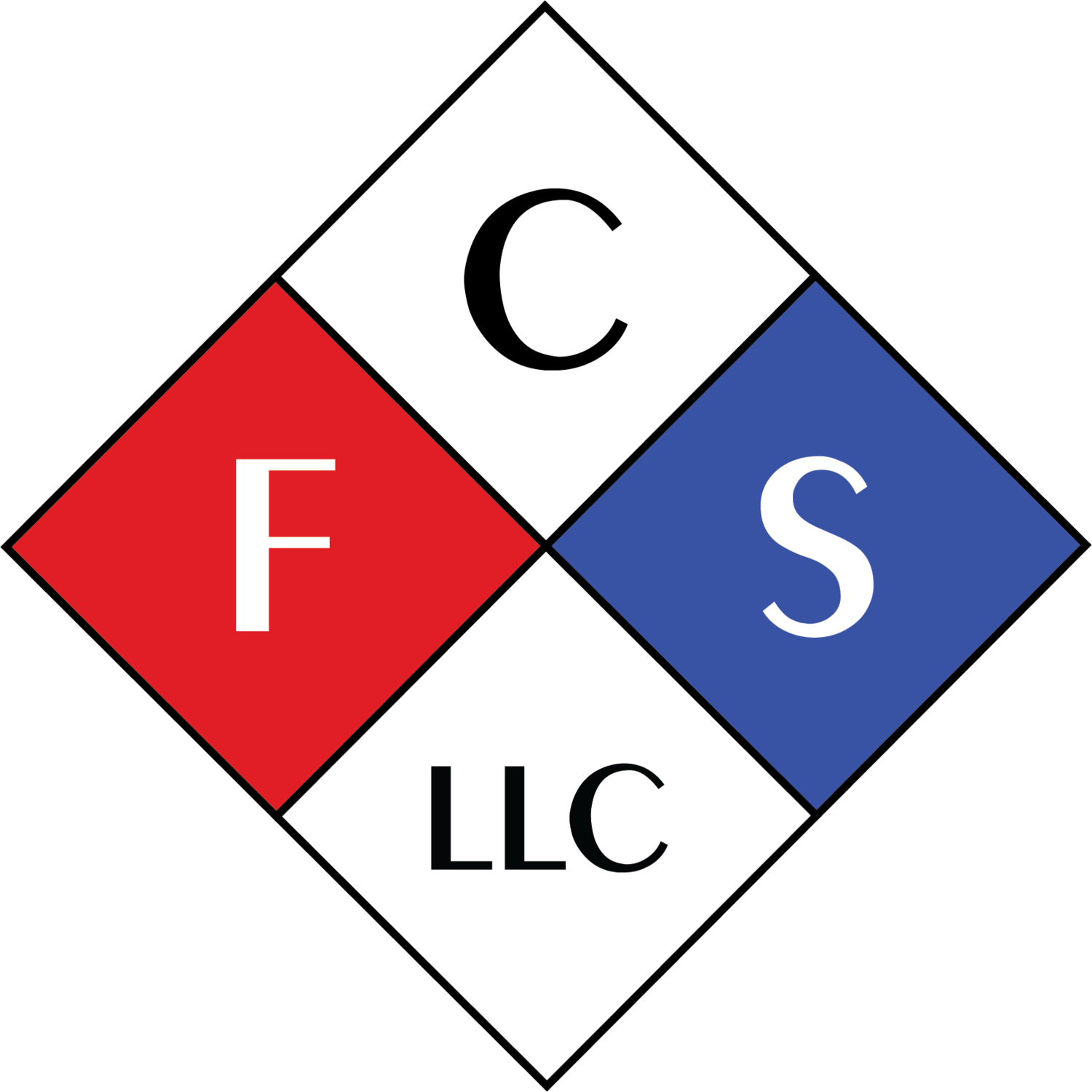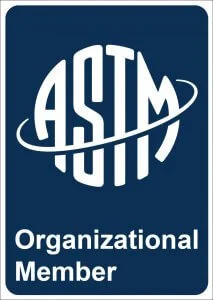
Frequently Asked Questions about Fuel Services:
What is fuel polishing, filtration, & remediation services?
Fuel polishing, filtration, & remediation is the filtration of fuel through a complex process where the fuel is extracted and returned to the tank without any down time or wear on the equipment for the fuel in that tank. During this procedure, contaminants such as water, sediment, rust, algae, & tank sludge are removed via 0.5 micron fuel filters and micro-glass aviation grade coalescers. Afterwards, the fuel is returned to the tank through another tank opening as far away from the suction tube as possible, using pneumatic-driven pumps & systems. A follow up inspection & ASTM laboratory test will be scheduled usually six (6) months to a year following the procedure to ensure the fuel is in adequate condition based on ASTM standards.
Are there cases where the fuel cannot be polished?
- Absolutely. It doesn’t happen much, however there are rare circumstances where the fuel has progressed beyond repair or filtration. In this case, CFS, LLC would offer our customer a process to pump out the fuel tank as well as clean, treat, and refill the existing fuel tank with new fuel back up to the adequate operating level. This would be determined & verified by an ASTM laboratory test prior to any decisions being made.
Can my generator be used while the fuel is being polished?
Yes. The generator can be running and used while the fuel polishing process is being performed until we decide to shut it down. The system will not be started back until at least 30 minutes after the engine has stopped on the generator. This will give the tank sediment time to settle so that we can continue the tank cleaning services. The fuel stays in the tank while the contaminants are being filtered out. Equipment downtime is virtually non-existent through our proven fuel polishing techniques & methods unless the fuel is deemed unusable by ASTM laboratory testing.
How do we know that the fuel polishing service performed actually worked?
- We test all Fuel to ASTM standards through a Laboratory that specialize in fuel chemical breakdowns and analysis of fossil fuels. A CFS, LLC fuel maintenance engineer will extract a fuel sample before, during, & after the fuel polishing service to ensure that the fuel is being filtered and cleaned to the ASTM Standard. These samples will be shown to the customer while the engineer is on-site performing the service to ensure optimal transparency.
How often should fuel polishing be performed?
This depends on the application of the end user. For companies or industries using the fuel for back-up power in generator systems such as office buildings and manufacturers, according to NFPA 110, once annually will be sufficient in providing adequate fuel maintenance. In marine applications such as yachts & smaller boats, every 12 months to 18 months is deemed to be the acceptable standard. However, in critical facilities such as hospitals and data centers, twice annually is the recommendation to ensure proper engine production on the power generation equipment that is diesel fuel driven.
If I put additives in our fuel, do we still need a fuel polishing service to be performed?
- Additives can slow the aging process and performance level of the fuel. However, it can’t completely stop the buildup of sediment and contaminants that can form in the bottom of the fuel tank where the fuel pickup tube is located. So YES, a fuel polishing service is highly recommended in conjunction with fuel additives & treatment in order to fully protect the fuel system.

How is the waste handled when the Fuel Polishing Service is complete?
- Carbon Fuel Services, LLC has partnered with several environmental friendly companies throughout the Southeast to ensure proper disposal of Fuel Filtration & Polishing waste (i.e. Contact Water, Sludge, Sediment, Rust, Bad Fuel, Etc…) within the proper guidelines of the Federal EPA Standards. We live in this beautiful world too and want nothing but the best for it and our customers every single day!
How long will the Fuel Remediation, Filtration & Polishing Service take?
- Good question! It depends on the tank size and the current condition of the fuel. Our state of the art fuel filtration system can filter fuel while extracting the water, sediment, and tank sludge simultaneously while minimizing our time on-site.
I notice that CFS, LLC uses the acronym ASTM frequently. What is ASTM and what does it stand for?
- ASTM stands for American Society for Testing and Materials. It is the standard for which Fuel is tested to. They set the thresholds for each chemical that makes up the total composition of the fuel. To find out more, go to www.astm.org.










